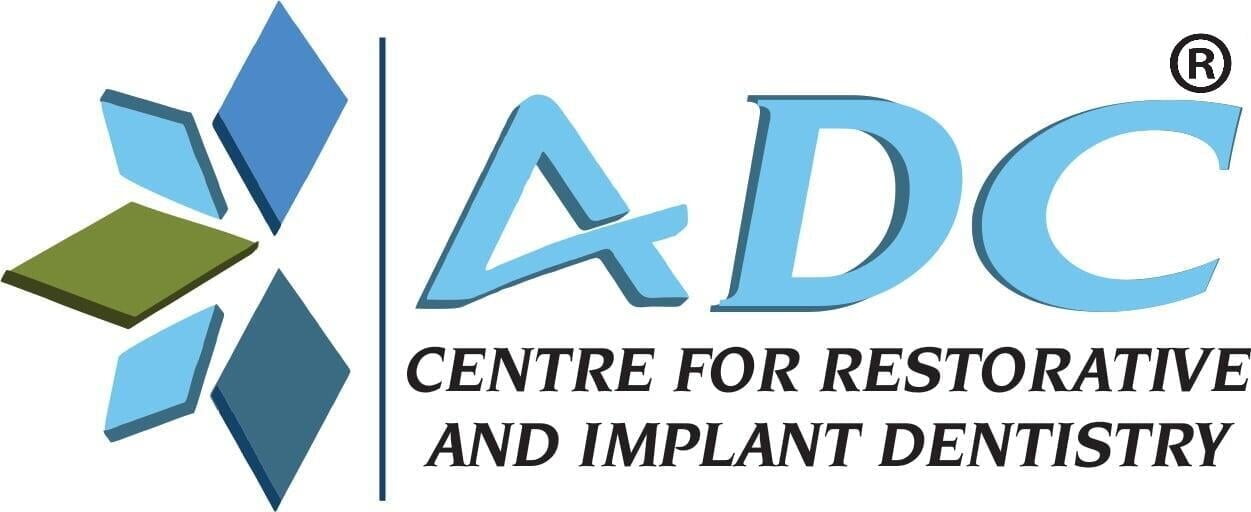A healthy dental care regimen should include brushing, flossing, and biannual trips to the dentist. But maintaining them strong from the inside out is crucial if you want to ensure your teeth and gums are in excellent condition. The first things that may come to mind are avoiding bad oral habits (like smoking) and drinking enough water, but eating a vitamin-rich diet and using supplements as needed can also be quite helpful!
Everyone knows that taking good care of their teeth and maintaining a healthy diet may keep their smiles healthy, robust, and free from dental issues. But did you know that having too many or too few nutrients can hurt the mouth and teeth and cause infections and disorders of the mouth? It does, indeed! For the body's tissues to resist illness, you must consume the proper amount of minerals and nutrients. Like Vitamin A, several vitamins and minerals also support excellent oral health.
The advantages of vitamin A for strong teeth
The advantages of vitamin A for strong teeth
- Vitamin A is essential for strong immune systems, healthy skin, teeth, vision, and gene transcription.
- Beta-carotene, which has antioxidant qualities, is a component of vitamin A. Antioxidants help the body get rid of free radicals, substances that hasten cellular destruction.
- Insufficient vitamin A might cause mouth wounds to take longer to heal.
- Another bone-builder that helps support strong teeth is vitamin A.
It will help if you use caution when consuming vitamin A for your teeth. Here are a few adverse outcomes:
- High-dose vitamin supplements are not advised since vitamin A can be stored in body fat.
- They may result in negative side effects, including liver damage, joint pain, headache, diarrhoea, exhaustion, and vomiting.
- You can get unwell if you ingest too much vitamin A. Birth abnormalities can also be brought on by excessive vitamin A intake.
Did you know that two types of vitamin A are found in food? Preformed vitamin A is present in all animal products, including meat, fish, poultry, and dairy products. The substitute form of vitamin A, known as pro-vitamin A, is present in plant-based foods such as fruits and vegetables. Beta-carotene is the most typical pro-vitamin A kind. Make sure to eat foods high in vitamin A to reap its rewards.
Vitamin A-rich foods include
Vitamin A-rich foods include
Vitamin A is found in various foods, including liver, cod liver oil, milk, eggs, carrots, leafy greens, sweet potatoes, and papaya.
- Fortified milk
- Liver (chicken, beef) (chicken, beef)
- Green leafy vegetables
- Sweet potatoes
- Sweet potatoes
- Apricots Dried in
- Melons cantaloupes
- Red Sweet Peppers
- Tropical fruits
- Tuna
Vitamin A's role in oral health and diseases
Vitamin A's role in oral health and diseases
- The growth and preservation of oral mucosal tissue are aided by vitamin A. (inner lining of the oral cavity).
- The tooth-supporting structures' health is enhanced by vitamin A's antioxidant qualities, which slow the progression of periodontal illnesses (gum disorders) (e.g., gums, bone, and periodontal ligament).
- A lack of vitamin A affects the growth of the tooth's enamel and dentin (the two outer tissue layers), inhibits the development of oral tissue, and raises the possibility of developing gum illnesses.
- Patients receiving chemotherapy or radiation therapy have a lower incidence of oral mucositis (mouth ulcers and inflammation) when applying vitamin A ointment topically.
How Can Vitamins Help Your Dental Health?
How Can Vitamins Help Your Dental Health?
The National Health and Nutrition Examination Survey indicates that most Americans do not consume adequate nutrients. Even if this discovery raises questions about our general health, it's crucial to consider our oral health. If your body doesn't obtain the necessary vitamins and minerals, you could get cavities and gum disease, among other dental problems. This can cause problems with your grin, the force of your bite, and your voice. Consume a vitamin-rich diet and take supplements as needed to avoid this from happening!
Do you consume enough vitamin A?
A blood test can be used to determine your vitamin A levels. The normal range is 1.75 to 6.98 micromoles per litre (micromol/L) or 50 to 200 micrograms per deciliter (mcg/dL). It's crucial to remember that vitamin A supplements might be detrimental if your levels are normal but can be very beneficial if you are deficient. A balanced quantity of vitamin A is essential for optimum immunity; too much vitamin A can compromise the body's developed defences.
Vitamin A is among the best nutrients for maintaining general oral health. This is because it aids in maintaining salivation, which naturally cleanses teeth of harmful acids and avoids dry mouth. Additionally, vitamin A supports the healthy mucus that coats the cheeks and gums in the mouth, making them less prone to illness and infection. Fish, sweet potatoes, eggs, and carrots are foods high in vitamin A.
Conclusion
Aside from general symptoms, malnutrition can impact oral health, resulting in oral illnesses. Healthy eating habits are essential to combat malnutrition. For nutritional practices to maintain dental health, patients should heed the dentist's advice. Moreover, while it's crucial to maintain your Vitamin A consumption, you should also remember to brush your teeth daily with Dabur Red Paste, the best ayurvedic toothpaste, to prevent dental issues. To prevent dental issues and maintain proper dental care, practice good oral hygiene and select suitable toothpaste. Plaque, cavities, tartar, and tooth decay can all be prevented by practising good oral hygiene and using the appropriate toothpaste.














